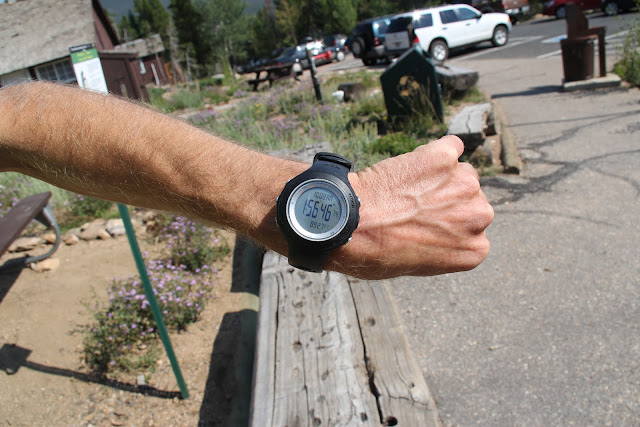Philosophy, Running, and Life Beyond Justification
The question "what is philosophy?" is perhaps most expressive of the temperament and ambitions of philosophers. We are simultaneously proud of our ability to ask this question and ashamed that we have to ask it. We are proud of the question because it shows that we take critical inquiry so seriously that we apply it even to the very task of critical inquiry. And we are ashamed of the question because it implies that we don't really know what the heck we are doing, that philosophy is simply an expression of confusion. Which, of course, it is. Like most questions, this one has many different answers. Speaking personally, I love reading and engaging in philosophy because it gives me a chance to think newly and differently. So, I tend to think of the task of philosophy as primarily imaginative and speculative. My favorite philosophers challenge ordinary ways of seeing, and give us new ways of approaching problems. This has probably been apparent in my writings on this blog....

